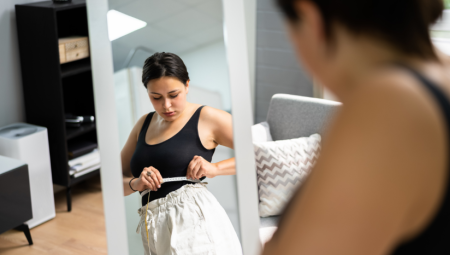Background
RealCare dolls have been widely used, primarily within dementia care services and with young people. Advocates of doll therapy have reported that its use can alleviate distress and promote comfort and wellbeing for people with dementia who are in residential care (Mitchell and O’Donnell, 2013; Mitchell and Templeton, 2014). Research into young people’s attitudes towards pregnancy and parenting is more limited, with few commentators articulating positive views towards doll-based interventions in this area (McCormack and Sim, 2005). Overall, there is limited empirical evidence to support the therapeutic use of simulated dolls and no published evidence of the short or long-term impact (Brinkman et al, 2010; 2016) nor any educational benefit. This highlights a need for further research to identify best practice and increase awareness in both healthcare professional and carer populations, tailored to specific vulnerable groups of people including parents.
Initially pre-pilot work (July-September 2020) has been undertaken:
- To gain an empathetic insight into the participants’ perspective to refine planning of future work with parent participants.
- For the research team to gain familiarity with the RealCare doll in order to have the relevant underpinning knowledge to fully support participants in later studies.
- To ascertain (via a reflective log) the experiences of the research team in relation to caring for the dolls.
- To evaluate the quantitative data relating to the research team’s responses to the pre-programmed RealCare baby simulation doll.
The learning from the pre-pilot work will inform the planning of the main study. A mixed methods evaluative approach, incorporating quantitative and qualitative data collection strategies will be employed. Garbarino and Holland (2009: 11) suggest that the use of mixed methods in evaluative work has “been convincingly made”; Moule and Goodman (2014) concur, stating that the combination of methods enables different perspectives to be appreciated.
Aims and objectives
To evaluate the use of RealCare baby infant simulation dolls in terms of the development of the parenting capacity of expectant parents (mothers and fathers who are aged 18 years and over) where there is a safeguarding concern for their unborn child.
Objectives:
- To ascertain the experiences and perceptions of expectant parents, (where there is a safeguarding concern for their unborn child) of RealCare baby infant simulation dolls in terms of the development of their parenting capacity.
- To evaluate quantitative data relating to parental responses to the RealCare baby infant simulation dolls.
Activity
- Pre-pilot work has been undertaken.
- Undertaking of the main study is paused due to:
- The Covid-19 pandemic;
- The need to re-consider the group of parents who can be invited to participate in the main study – the pre-pilot work has raised further concerns re the vulnerability of potential participants. We are awaiting further advice from the CCG who have provided the funding (via NHS England) about the specific focus of the research.
Papers
Whiting, L. Petty, J., Littlechild, B & Rogers, S. (due to be submitted Feb 2021) Undertaking pre-pilot work to gain an empathetic insight into the participant perspective. Nurse Researcher
Next steps
- To plan the main study with a view to undertaking data collection later in 2021.
- Disseminate the pre-pilot work via a conference presentation and journal publication.
- Apply for future funding within 12-18 months.





